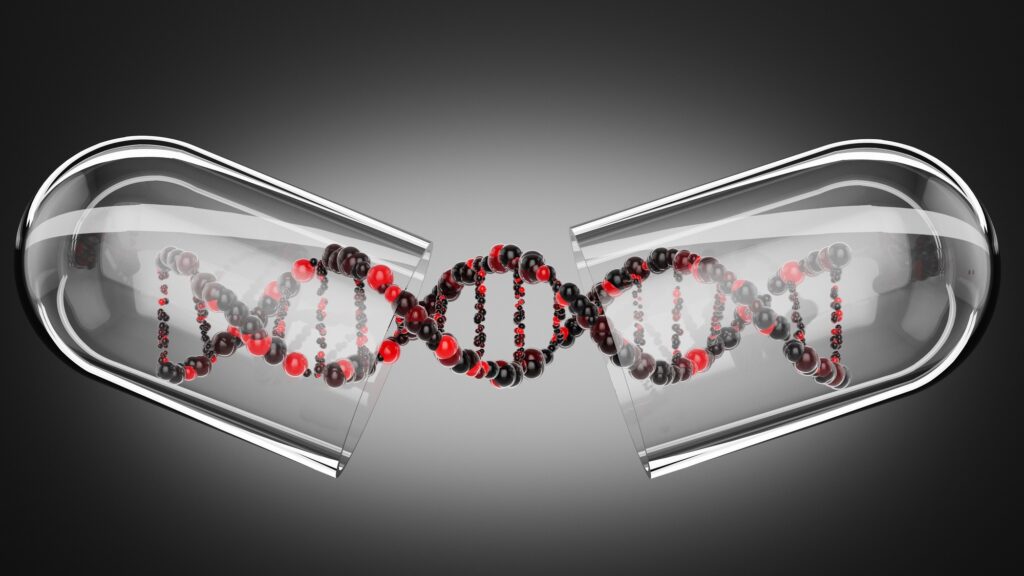
Researchers have made a groundbreaking advancement in the field of evolution, condensing what typically takes thousands or even millions of years into mere minutes. Utilizing a method known as directed evolution, scientists can now rapidly develop proteins, paving the way for significant medical advancements. This innovative approach could lead to new treatments for various diseases, including cancer and neurodegenerative disorders.
Directed evolution is defined as the process of swiftly evolving proteins by introducing beneficial mutations and selecting the most advantageous variants. As stated in a report by Popular Mechanics, these “hyper-evolved proteins” hold promise for a multitude of therapeutic applications. Recently, researchers from the Scripps Research Institute developed a system called T7-ORACLE, which can accelerate the evolution of proteins by an astonishing 100,000 years, allowing mutations to occur in a matter of minutes. This finding was detailed in a study published in the journal Science.
Revolutionizing Protein Development
Peter Schultz, a co-senior author of the study, described the method as akin to “giving evolution a fast-forward button.” Traditional directed evolution methods often required multiple rounds of DNA manipulation, with each iteration taking a week or longer. The T7-ORACLE system overcomes these hurdles by employing an engineered strain of E. coli that hosts an artificial DNA replication system. This system operates independently of the cell’s native machinery, allowing the original genome to remain intact. As a result, scientists can introduce mutations every time the cell divides, approximately every 20 minutes.
“This system represents a major advance in continuous evolution,” noted Christian Diercks, another co-senior author of the study. He emphasized that instead of waiting for a week for one round of evolution, researchers can achieve a new round each time the cell divides, significantly accelerating the process.
Broader Implications and Future Prospects
Although T7-ORACLE is a recent development, directed evolution is not a novel concept. In 2018, Frances Arnold was awarded the Nobel Prize in Chemistry for her pioneering work in this area. Her techniques enabled scientists to effectively “breed” biomolecules, similar to traditional agricultural practices. The innovations stemming from Arnold’s research have set the stage for even more rapid advancements in this field.
In addition to the T7-ORACLE system, another promising platform called PROTein Evolution Using Selection (PROTEUS) was introduced in a study published in Nature Communications in May 2025. This platform allows for the evolution of proteins in mammalian cells, further expanding the potential applications of directed evolution technologies.
The implications of these advancements are vast. Directed evolution can significantly expedite the development of new medicines, enhance understanding of antibiotic resistance, and even facilitate the creation of proteins that can deactivate diseases or serve diagnostic functions. Beyond medical uses, this technology could lead to the production of enzymes capable of breaking down persistent environmental pollutants, such as the plastic found in soda bottles.
Diercks concluded, “What matters is that we can now evolve virtually any protein, including cancer drug targets and therapeutic enzymes, in days instead of months.” As research continues, the potential for directed evolution to transform the landscape of biotechnology and medicine is becoming increasingly evident.






